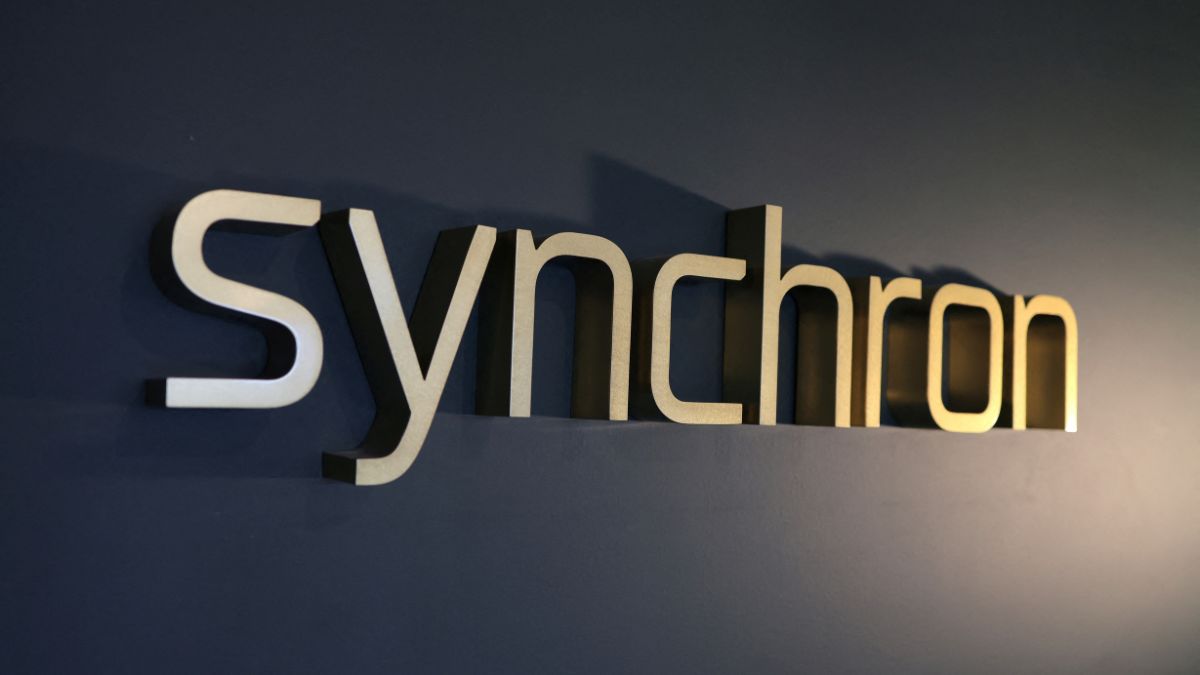Mark, a 64-year-old patient with amyotrophic lateral sclerosis (ALS), has spent the last year learning to control devices like his laptop and phone using a brain implant. The neurotech startup Synchron announced on Thursday that it is leveraging OpenAI’s latest artificial intelligence models to develop a new generative chat feature for patients using its brain-computer interface (BCI).
A BCI system decodes brain signals and translates them into commands for external technologies. Synchron’s model is specifically designed to assist people with paralysis in maintaining communication and some independence by allowing them to control smartphones, computers, and other devices with their thoughts.
The new AI chat feature can process inputs from text, audio, and images to generate prompts that patients can use while texting. This capability aims to help individuals like Mark engage with the outside world more efficiently and naturally.
Mark, who requested that his last name not be used for privacy reasons, had the BCI implanted in August 2023. Diagnosed with ALS in January 2021, he has experienced a slow progression of the disease, which currently affects his ability to move his shoulders, arms, and hands, though he can still speak and walk short distances.
“There’s very little, unfortunately, we can do. It’s 100% fatal,” Mark said. “But I knew initially that I wanted to get involved in whatever I could to help future individuals with this disease.”
Mark has been testing Synchron’s new chat feature intermittently over the past two months. He reported that it has helped him save valuable time and energy while texting, as using a BCI requires focus and practice. The AI feature provides choices for responses, allowing Mark to complete most of a sentence with just a few clicks.
For instance, Mark can use the chat feature to schedule a doctor’s appointment or keep up with his daughters. Having spent over two decades in the floral industry, he recently used the tool to discuss gardening with a Synchron employee, bonding over the shared interest.
Synchron CEO Thomas Oxley emphasized that the company prioritizes selecting the most effective models for its patients’ needs, with OpenAI currently fulfilling that role. However, Synchron and OpenAI are not in an exclusive partnership, and Synchron does not share any brain data with OpenAI.
“For him, it’s a preservation of autonomy,” Oxley said. “The most important function of BCI is to preserve his ability to make choices.”
Synchron, founded in 2012, is among several companies working to commercialize BCI systems. Other notable companies in the field include Paradromics, Precision Neuroscience, and Elon Musk’s Neuralink. Synchron’s BCI, a stent-like device, is inserted through a patient’s jugular vein and delivered to the blood vessel on the brain’s motor cortex surface. This approach is less invasive than those requiring open brain surgery.
Although no BCI company has received approval from the U.S. Food and Drug Administration to commercialize its technology as of July, Synchron has implanted its BCI in ten patients across clinical studies in the U.S. and Australia, with Mark being the tenth. The company is preparing for a larger-scale trial with more patients.
Mark learned about Synchron from one of his doctors as he was completing a drug study in August 2021. He decided that the BCI would help him maintain some independence and ensure ongoing communication with loved ones.
“That was the exciting thing for me — the possibility of being able to still have independence to a degree,” he said. “I mean, something as simple as changing the channel on the TV without having to call somebody to work the remote for you.”
Mark practices using the BCI for two hours, twice a week with Synchron, and occasionally on weekends. He doesn’t use the new chat feature every time he uses the BCI but is impressed by how well the prompts align with his natural conversation style, even including the occasional curse word.
Having had to stop working due to his disease, Mark finds mastering the BCI gives him something to strive for. “It’s an opportunity to really be part of something bigger than yourself,” he said.


